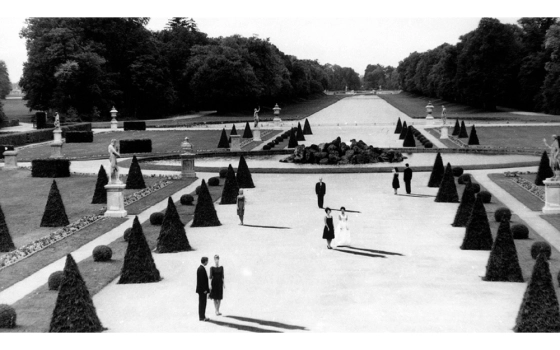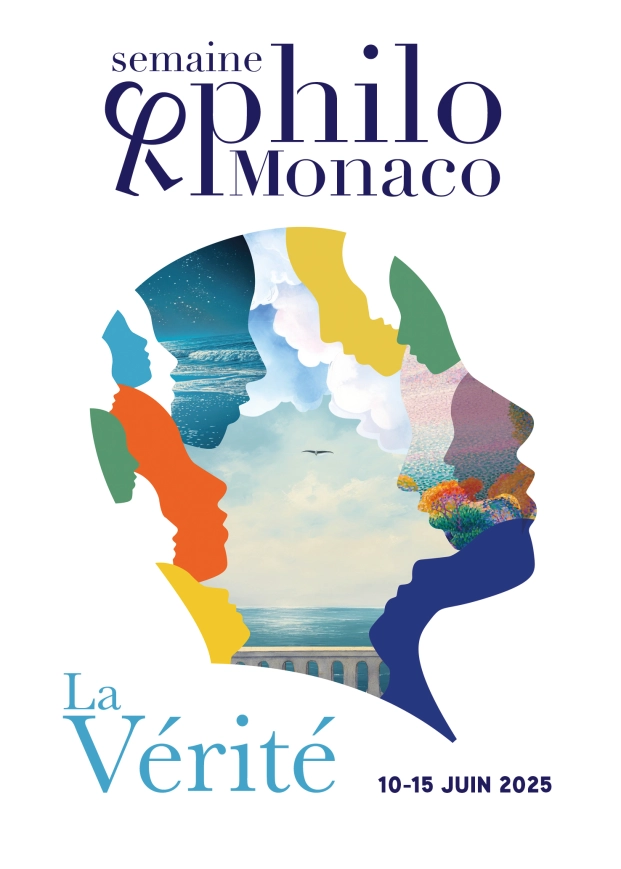
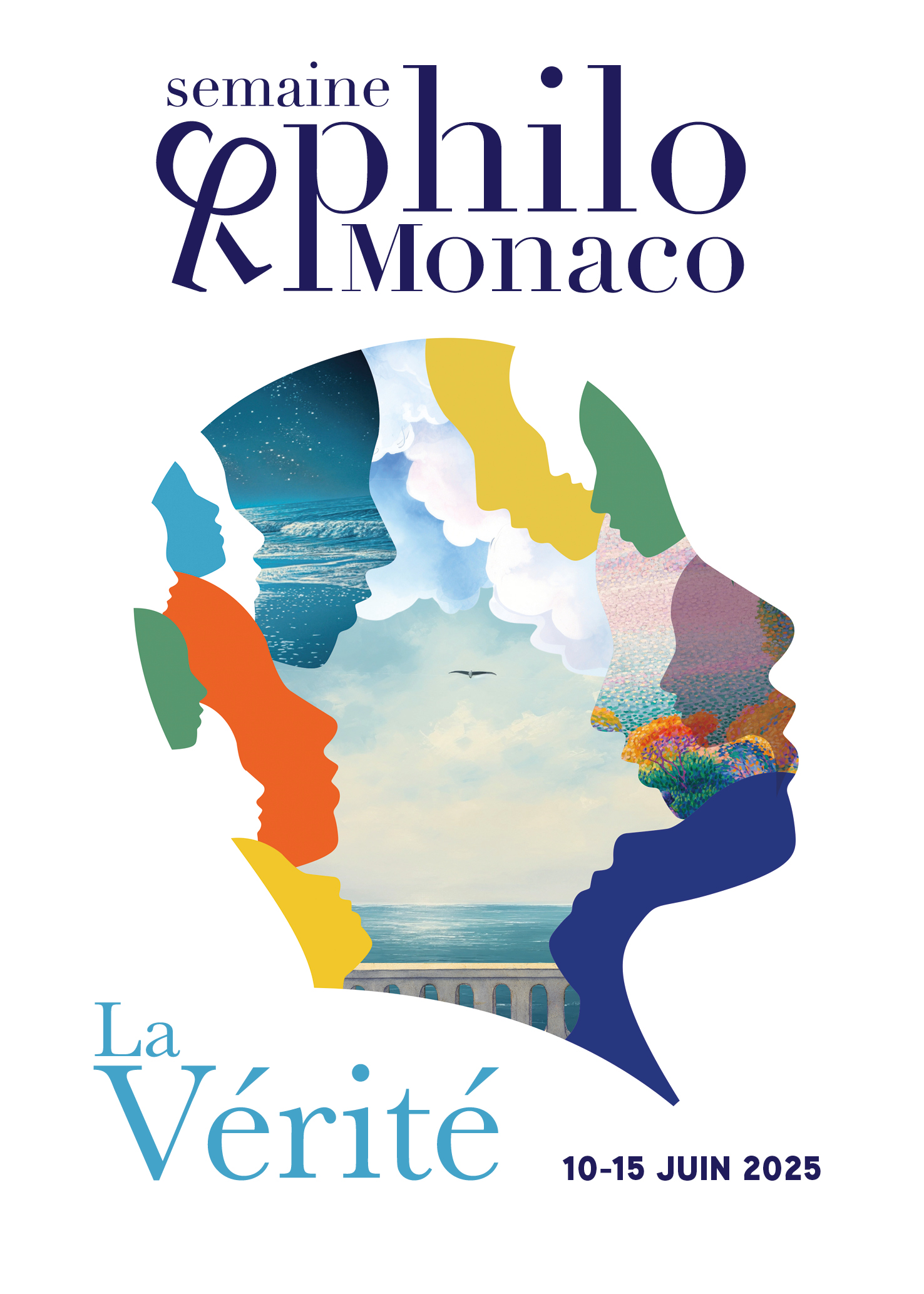
Can we discuss everything with children? Conversations about sexuality

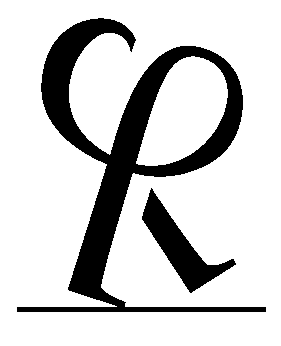
Introduction
Presented by Isabelle Alfandary, author and professor
With Cécile Ladjali, teacher
Marie-Rose Moro, psychoanalyst and child psychiatrist
Chloé Sallée, coordinating magistrate at the Nice Youth Court
It is unrealistic to think that we can "say everything", partly because reality transcends thought and thought transcends language, but also because we are not always capable of admitting everything, even to ourselves. Therefore, when "saying everything", we should be cautious not to say things that shock, hurt, anger or humiliate, things that might be unacceptable, taken the wrong way and misunderstood by the recipient. Parents, educators and therapists are confronted with these "limits" when "everything" includes accidents, illness, death, or touches on things that children have not yet experienced, and that will profoundly change not only their bodies and minds but also the "worldviews" they will develop. The development of sexual organs, ejaculation, menstruation, pregnancy, birth, nudity, modesty, gender, sexual relations, sensuality, eroticism, pornography. When and how, at school or within the home setting, should we "say everything" about these things, without taboos or myths, with the assurance that knowledge and information can be understood, internalised, managed and transformed into life skills by children? The issue is even more complex and delicate when a child has not only had access to sexual information but has also suffered sexual abuse so brutal that it has prevented them from "speaking out" and "telling" their story (to their parents, social workers or a judge), or even from believing that anyone will "listen" to them.
Informations
Similar events
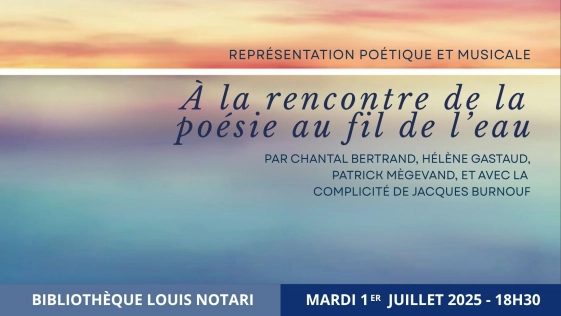
Représentation poétique et musicale "A la rencontre de la poésie au fil de l’eau" par Chantal Bertrand, Hélène Gastaud, Patrick Mègevand, et avec la complicité de Jacques Burnouf
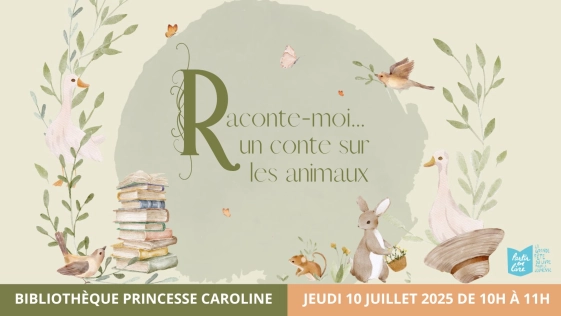
Raconte-moi...un conte sur les animaux + 4 ans
